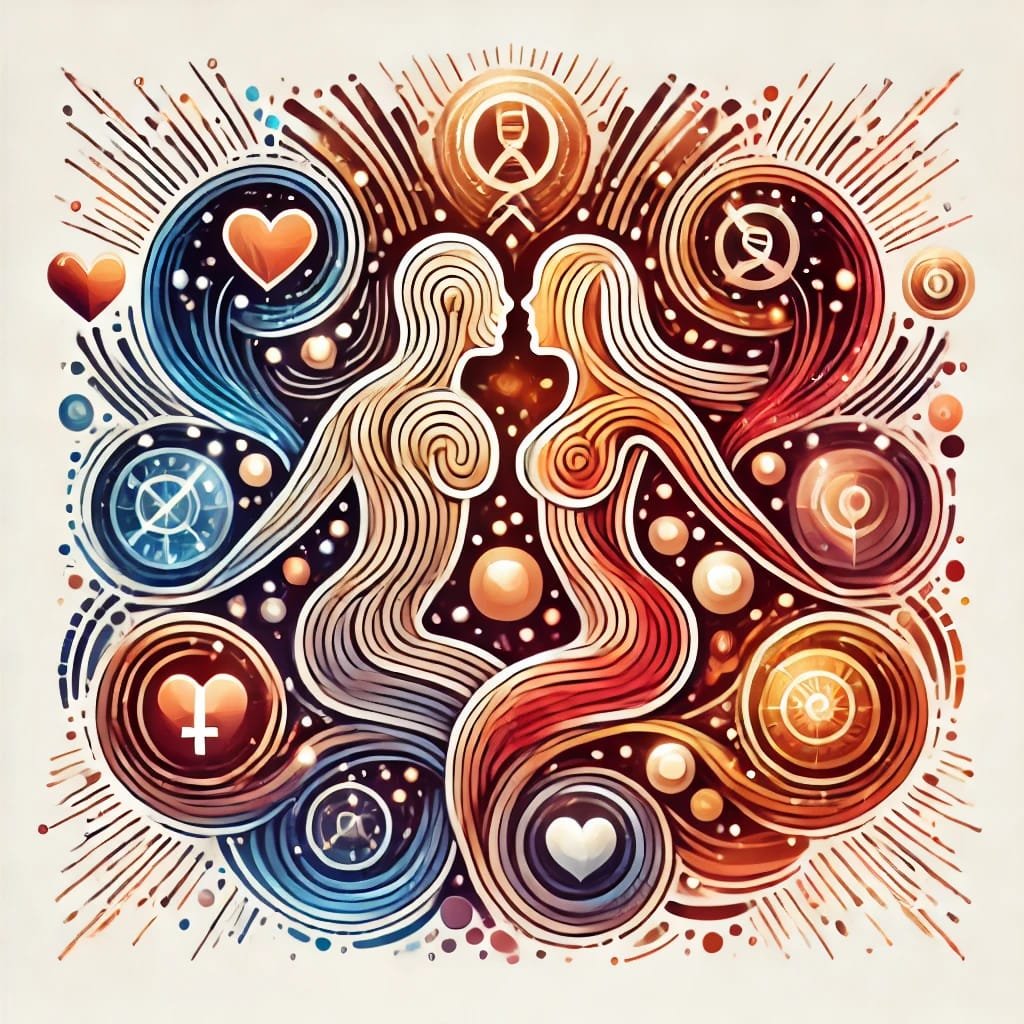Understanding Women’s Perspectives on Happiness
The concept of happiness is often perceived through various lenses, and for women, this perspective can be intricately tied to their experiences in relationships. Many women define happiness not solely in the context of a partnership but as a broader construct that includes self-fulfillment, emotional well-being, and personal achievements. Recent studies indicate that women’s happiness in relationships is increasingly linked to their sense of identity and autonomy. With the normalization of self-care and individual growth, women are now more likely to view their personal happiness as a vital component of relationship success.
Statistical insights reveal that a significant percentage of women prioritize their emotional well-being, often measuring the quality of their relationships against their own levels of satisfaction. According to a survey conducted by the American Psychological Association, about 75% of women reported that their happiness stems from personal achievements and well-being rather than solely from their romantic partnerships. This suggests a transformational approach towards relationships, where self-fulfillment acts as a critical metric for assessing happiness.
Psychological insights further support this trend, highlighting that relationships are often seen as a space for mutual growth rather than dependency. Emotional well-being is paramount, and many women recognize that a fulfilling relationship must complement their other life goals. This paradigm shift indicates that relationships thrive when both partners encourage and respect each other’s pursuits of personal happiness. Therefore, a woman’s definition of happiness often intertwines self-worth and relational dynamics, emphasizing that self-fulfillment does not detract from the partnership but enhances it. This understanding aligns with a growing recognition that women’s happiness is multifaceted and requires an integrated approach to life and relationships.
Cultural and Societal Influences on Women’s Relationship Priorities
Throughout history, cultural and societal influences have played a significant role in shaping the expectations women hold in their relationships. Many societies have traditionally defined strict gender roles, which often positioned women in subordinate roles within partnerships. These roles emphasized qualities such as nurturing, obedience, and support, which could overshadow women’s own desires and aspirations. In various cultures, women’s primary function was often seen as caretakers of the family, leading to an expectation that their happiness would stem predominantly from their roles within relationships rather than from personal achievements.
However, the evolution of societal norms has gradually shifted the perception of women’s roles in both the public and private spheres. The women’s liberation movement, coupled with increasing advocacy for gender equality, has opened up discussions regarding personal fulfillment and autonomy. As more women entered the workforce and gained financial independence, the perspective on what constitutes a successful relationship began to transform. Consequently, women started to prioritize their own happiness and self-fulfillment, viewing relationships through a lens that values equality and mutual respect.
Moreover, the advent of social media and global connectivity has facilitated exposure to diverse lifestyles and values. Women today often find inspiration in representations that highlight independence, self-care, and personal growth as essential components of a fulfilling life, which extends to their partnership choices. As a result, many women are now redefining what they seek in their relationships, focusing on factors that promote their happiness rather than conforming to outdated societal norms.
This cultural shift prompts a reevaluation of priorities, encouraging women to not only seek partnerships that support their aspirations but also to foster a sense of self outside of those partnerships. The intersection of evolving gender roles and cultural expectations continually shapes women’s approaches to love and partnership, emphasizing the importance of self-fulfillment in defining a truly satisfying relationship.
Redefining Relationship Dynamics: The Shift Towards Individual Happiness
In contemporary society, the dynamics of relationships are evolving significantly, particularly concerning how women perceive their role within partnerships. Historically, women’s happiness in relationships was often closely tied to their ability to fulfill the expectations placed upon them by societal norms, which frequently prioritized their partners’ needs over their own. However, a transformative shift is now emerging that emphasizes individual happiness as a cornerstone of relationship satisfaction.
This shift towards placing self-fulfillment at the forefront has profound implications for both partners. Women are increasingly prioritizing their emotional and personal well-being, leading to a redefinition of relationship dynamics. Instead of adhering to traditional standards that dictate their behavior and contributions within a partnership, women are now fostering a sense of autonomy that promotes healthy relationships based on mutual respect and understanding. This newfound focus on individual fulfillment encourages partners to support each other’s aspirations and interests, thereby creating a balanced power dynamic.
As women assert their independence and seek personal growth, they also encourage their partners to engage in a similar process of self-discovery. This not only fosters equality in the relationship but also enhances emotional intimacy, as both partners become more attuned to each other’s needs and desires. Moreover, this shift has the potential to alleviate common relationship strains born from unmet expectations or a lack of appreciation for one another’s individuality. By championing a culture that values self-happiness, couples can cultivate a deeper connection founded on authenticity rather than obligation.
This progress towards prioritizing individual happiness is creating a ripple effect, leading to healthier, more fulfilling relationships where both partners thrive. Embracing personal fulfillment as an integral component of partnership ultimately empowers individuals to contribute positively to their relationships while maintaining their sense of self.
Practical Steps for Women to Prioritize Their Happiness in Relationships
Women seeking to prioritize their happiness in relationships should begin by setting clear personal boundaries. Establishing boundaries is essential to safeguard one’s emotional well-being while ensuring that one’s needs and desires are acknowledged. This involves understanding and articulating what is acceptable and what is not within the partnership. It may be helpful to have open and honest conversations with partners about these boundaries, creating a shared understanding that respects both parties’ individual needs.
Engaging in regular self-care practices is another vital aspect of maintaining personal happiness. Women should carve out time within their busy schedules for activities that nurture their mind, body, and spirit. This could include hobbies, exercise, meditation, or simply enjoying quiet moments alone. Prioritizing self-care nurtures resilience, enhances mood, and provides the emotional resources needed to engage positively within relationships. Investing time in oneself ultimately contributes to a healthier dynamic in partnership.
Effective communication is also paramount in cultivating an environment conducive to personal happiness. Women should express their individual needs and desires openly, fostering a dynamic of understanding and support. Communicating effectively involves not only sharing feelings but also actively listening to each other’s thoughts and concerns. This two-way interaction reinforces relationship health and ensures that both partners can thrive independently.
Finally, it is crucial to be attuned to the dynamics of the relationship. Women should regularly assess whether their partnerships are fostering happiness or detracting from personal well-being. If a relationship consistently leaves one feeling unfulfilled, it may be necessary to reevaluate its viability. Recognizing signs of toxicity or an unbalanced dynamic can empower women to make informed decisions about continuing or reevaluating their partnerships. By taking these practical steps, women can create a more harmonious balance between their personal happiness and their relationships.


















